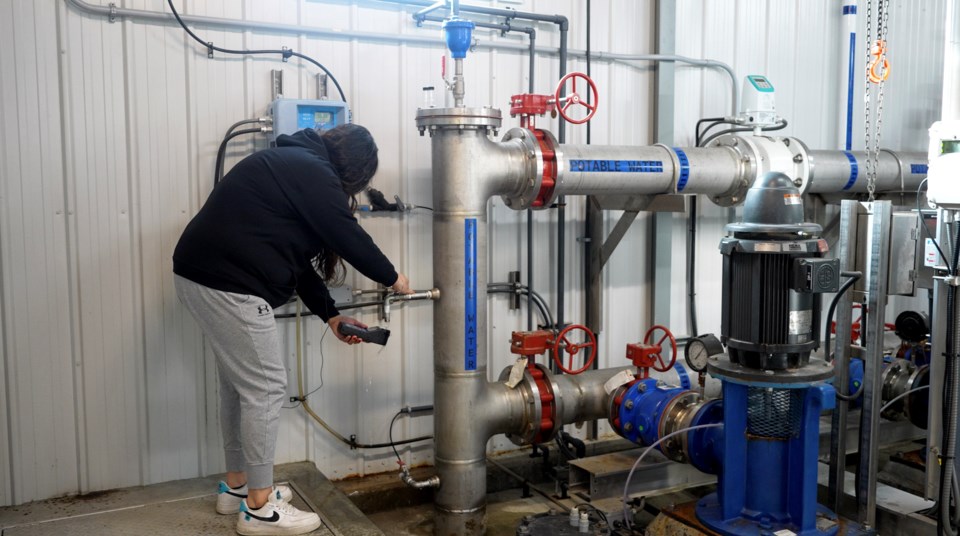KENORA — Ten interns have begun an over-year-long training program putting them on a path to becoming certified drinking water treatment plant operators.
“One of the greatest obstacles to the provision of safe drinking water in First Nations is the lack of human resources,” Phil Tangie, the hub manager and overall responsible operator for AKRC was quoted as saying in a media release jointly issued by AKRC and Water First. “The Water First internship program helps to fill that gap through the implementation of their comprehensive water operator training program.”
“Their ‘one on one’ approach has led to their high rate of success which is desperately needed in our First Nation's water world.”
The initiative is a partnership between the Anishinaabeg of Kabapikotawangag Resource Council (AKRC), Big Island First Nation and Water First. The resource council is a not-for-profit that advises and provides services to its member First Nations, including Northwest Angle 33, Wauzhushk Onigum, Big Grassy River First Nation, Ojibways of Onigaming and Animakee Wa Zhing 37; Water First is a registered charity that works with Indigenous communities on water-related issues.
The internships started in February and are scheduled to take 15 months. By the end, according to Wednesday’s release, those studying will learn about safety, watersheds, water treatment and distribution and water chemistry and sampling. They will also tour Kenora’s water treatment plant.
“Water treatment operators are typically the last (line of) defence when it comes to providing safe, clean drinking water,” Adam Peacock, the senior manager of drinking water departments at Water First, said in an interview with Newswatch.
First Nation communities sometimes have operator shortages, he said. “So, our program focuses mostly on training new operators to become certified operators.”
“Providing certified operators can help address operator shortages and build capacity within First Nation communities and organizations.”
Each intern will accumulate 1,800 hours of on-the-job experience in treatment plants, which is part of the process to become certified, the organizations’ press release said. Peacock added that the program will also include nine in-person workshops to prepare them for certification exams.
Other workshops are also held in areas, such as water quality analysis, introduction to environmental water sampling, introduction to mapping and Geographic Information Systems and career guidance. Peacock said that online tutorials are also part of the process.
“When they're not attending in-person workshops, they are working in their home community water treatment plants — occasionally at the municipal plants if necessary,” Peacock said.
“They're working under the supervision of local operators to gain those hands-on everyday skills and experience.”
After successfully completing the program, Peacock said graduates can pursue further enhanced certifications.
